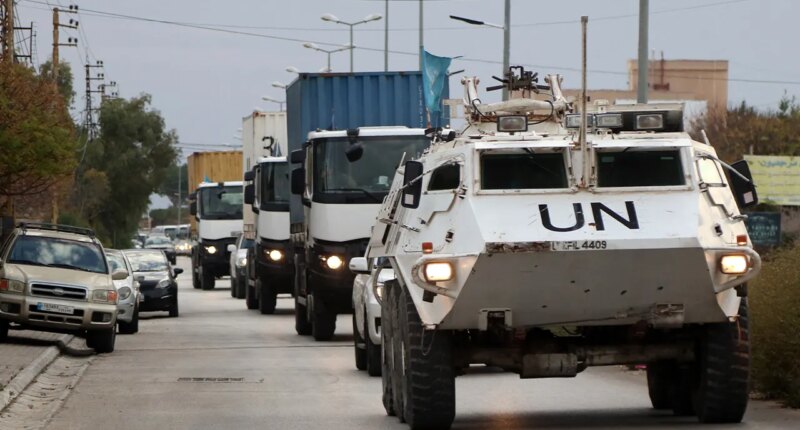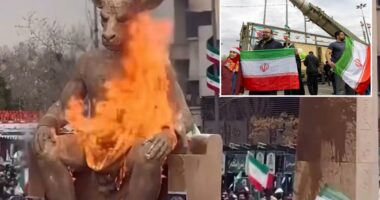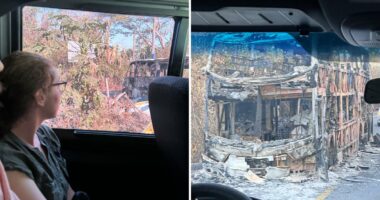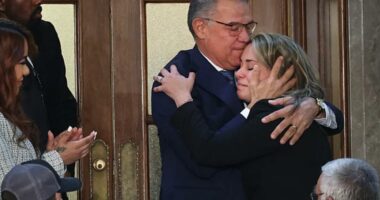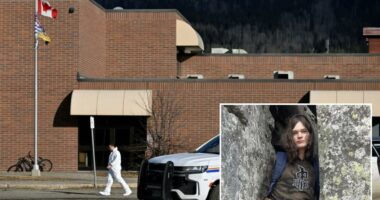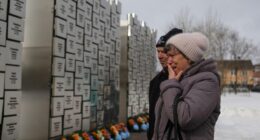Share this @internewscast.com
The United States’ ambassador to the United Nations, Mike Waltz, unveiled a proposed resolution to the U.N. Security Council on Wednesday, aiming to advance President Donald Trump’s peace initiative for Gaza. This proposal includes setting up an international security force, per a high-ranking U.S. official.
Waltz engaged recently with delegates from Egypt, Qatar, Saudi Arabia, Turkey, and the United Arab Emirates. These nations are anticipated to collaborate on humanitarian efforts and reconstruction in line with the plan. The draft resolution proposes establishing a two-year international stabilization force in Gaza under U.N. supervision, which is a component of what is being referred to as “phase two” of the comprehensive post-conflict strategy.
Reports from Reuters and the Associated Press indicate that the draft empowers the mission to “employ all necessary measures” to ensure Gaza’s security, safeguard civilians, and initiate the demilitarization of armed factions once major hostilities subside. The strategy also entails creating a transitional “Board of Peace” to work alongside Egypt, Israel, and a selected Palestinian police force.
While Washington has decided against deploying U.S. combat troops, it has requested participation from Muslim-majority nations such as Indonesia, Egypt, the U.A.E., and Turkey. However, Israeli officials have made it clear that Turkish forces will not be permitted along their borders.
The discussions, which included the Palestinian Authority, were a significant diplomatic interaction, highlighting the U.S. plan to eventually return authority to the PA after necessary reforms—a condition that Israel currently opposes, according to Axios.
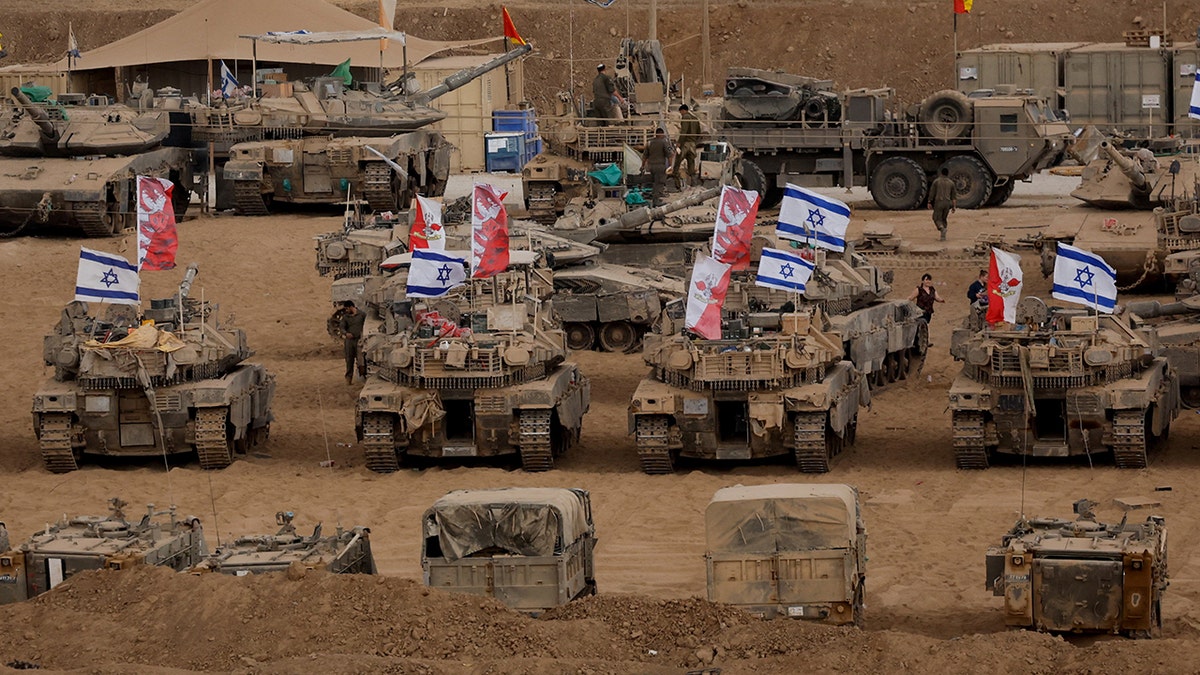
In southern Israel, near the Israel-Gaza border, military vehicles were stationed amid a ceasefire on October 12, 2025. (Ammar Awad/Reuters)
In an interview with Fox News Digital, John Spencer, executive director of the Urban Warfare Institute, said the concept can work — but only if it follows successful precedents. “For Gaza, I personally would like people to think Kosovo, not Lebanon,” he said. “History shows exactly what determines success: a clear mandate, enough troops and the authority to act.”
Kosovo: A model of success
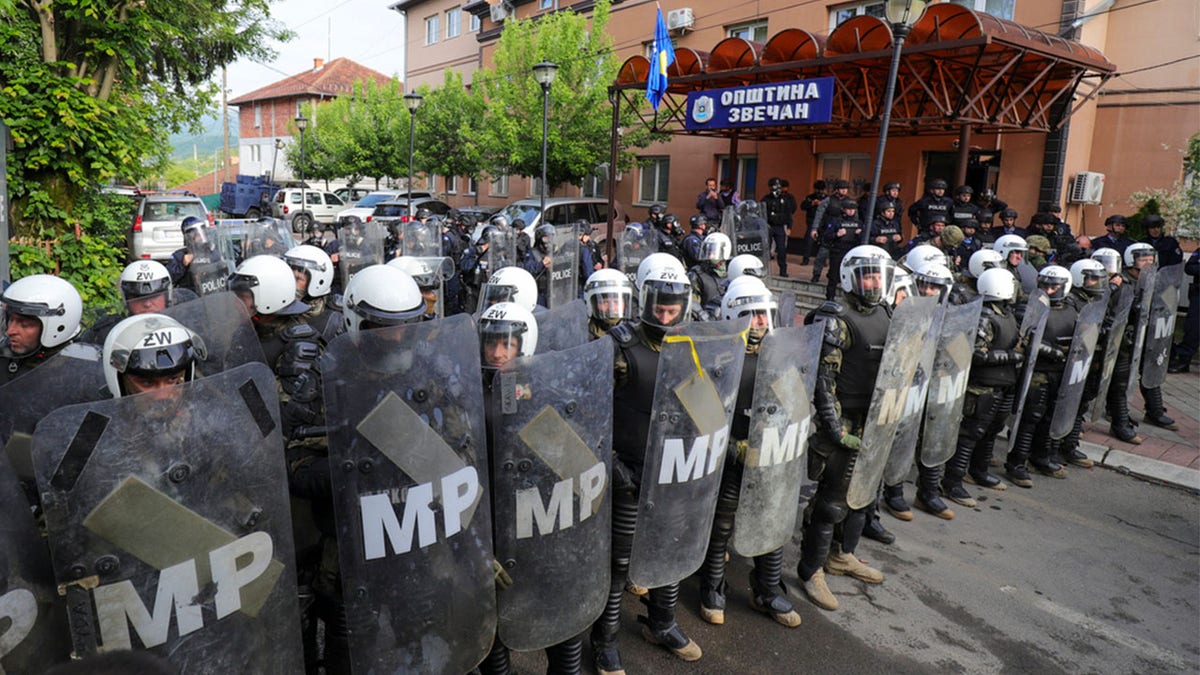
Polish soldiers, part of the peacekeeping mission in Kosovo, guard a municipal building in the town of Zvecan, northern Kosovo, May 29, 2023. (AP Photo/Bojan Slavkovic)
After the 1999 NATO campaign, the Kosovo Force (KFOR) deployed under U.N. Security Council Resolution 1244 with about 50,000 troops to stabilize the region, separate combatants and rebuild governance.
“Kosovo gives you the best example,” Spencer said. “It had a clear disarmament mandate, a capable coalition and enough troops to enforce peace.”
He warned that Gaza will require similar patience. “If somebody believes this will just disappear from the news in six months, that’s not reality,” he said, noting that KFOR remains in place decades later, albeit with fewer troops.
Bosnia: Mandate and mass
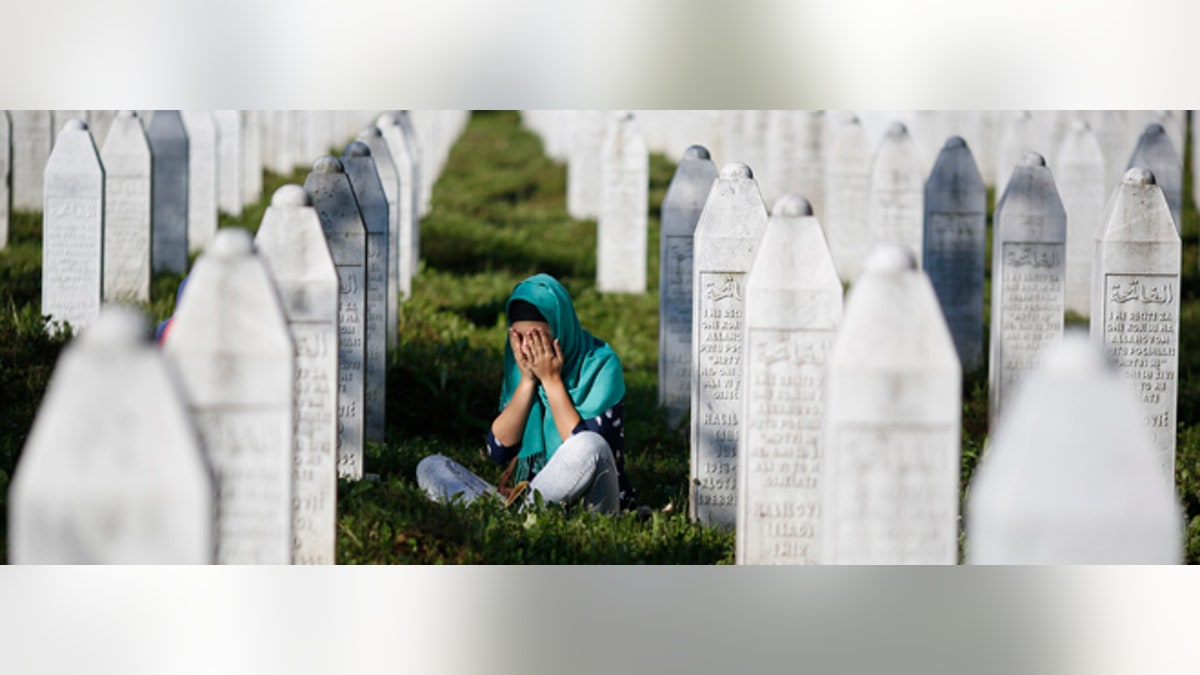
A woman mourns among graves in Memorial Center Potocari, near Srebrenica, Bosnia and Herzegovina, on July 11, 2015. (AP)
The 1995 Dayton Accords ended the Bosnian war and authorized the NATO-led Implementation Force (IFOR), followed by the Stabilization Force (SFOR). About 60,000 troops were deployed to enforce the peace, separate armies and support reconstruction.
“These were significant forces with clear mandates for disarming,” Spencer said. “That’s what success looks like — a mission with both muscle and legitimacy.”
He added that Gaza’s mission must mirror Bosnia’s strong command structure and clear legal authority, not rely on unarmed observers.
East Timor: Fast-track legitimacy
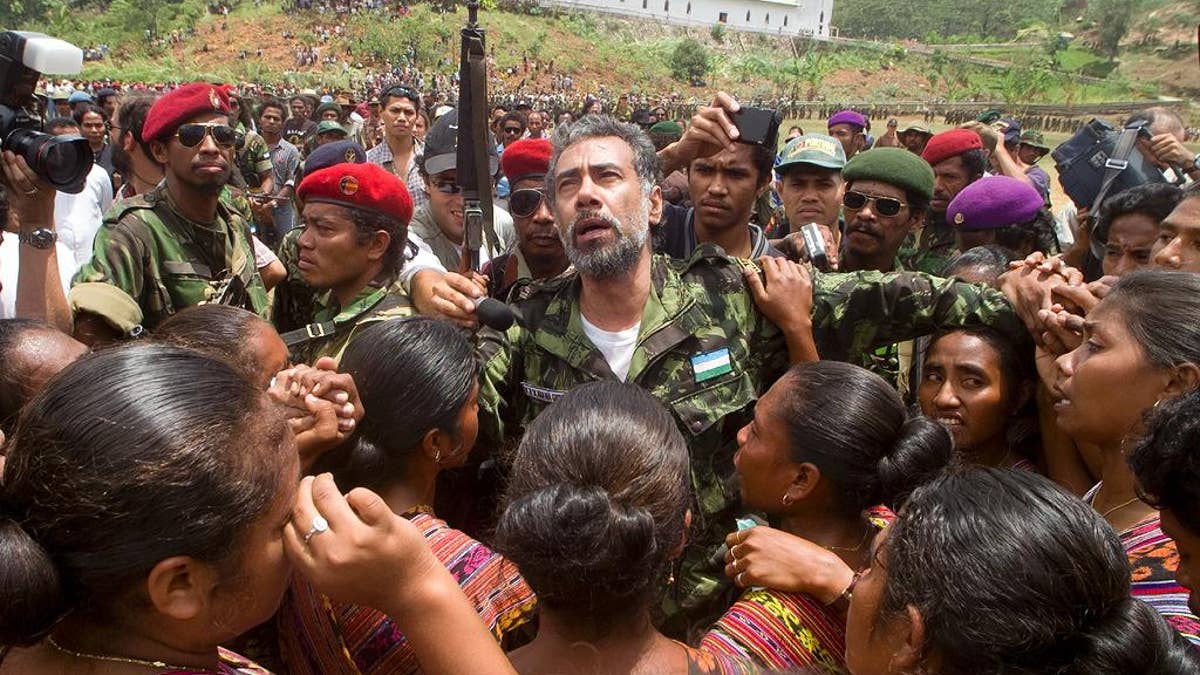
East Timorese rebel leader Xanana Gusmao is embraced as he returns to the Armed Forces of National Liberation army camp after his release from an Indonesian prison in the hills outside of Dili, East Timor on Oct. 24, 1999. (AP Photo/Charles Dharapak)
In East Timor, an Australian-led mission entered under U.N. authority in 1999 after post-independence violence. It restored order and laid the groundwork for local governance.
“East Timor shows how quickly you can start rebuilding governance when the force has legitimacy and local trust,” Spencer said. “That legitimacy must exist from day one in Gaza.”
Lebanon: A cautionary tale
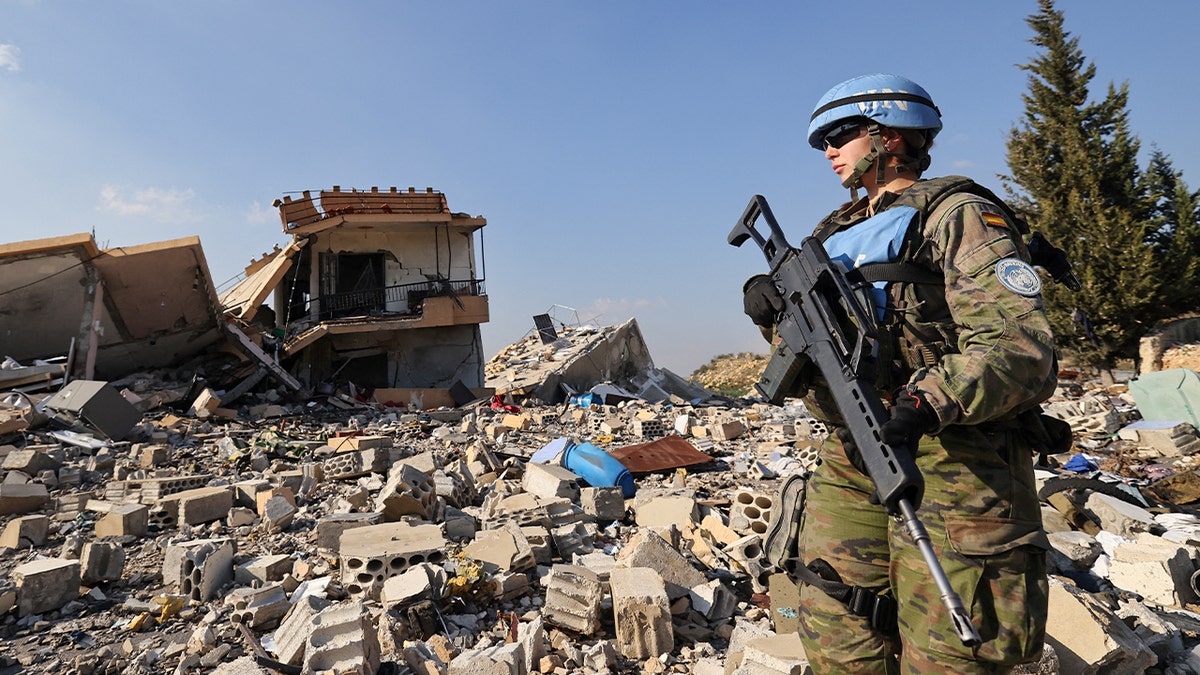
A member of the UNIFIL force patrols in the southern Lebanese village of Borj El Mlouk, near the border with Israel, on Jan. 7, 2025. (Anwar Amro/AFP via Getty Images)
By contrast, the U.N. Interim Force in Lebanon (UNIFIL), established in 1978 and expanded after the 2006 war, is what Spencer calls a failure.
“Southern Lebanon was not a success story,” he said. “They were glorified observers without a mandate to demilitarize anything.”
Israel has long criticized UNIFIL for allowing Hezbollah to entrench under its watch. Spencer said the same mistake cannot be repeated in Gaza. “It has to be seen as liberating areas from militant rule, not occupying them,” he said.
Lessons for Gaza
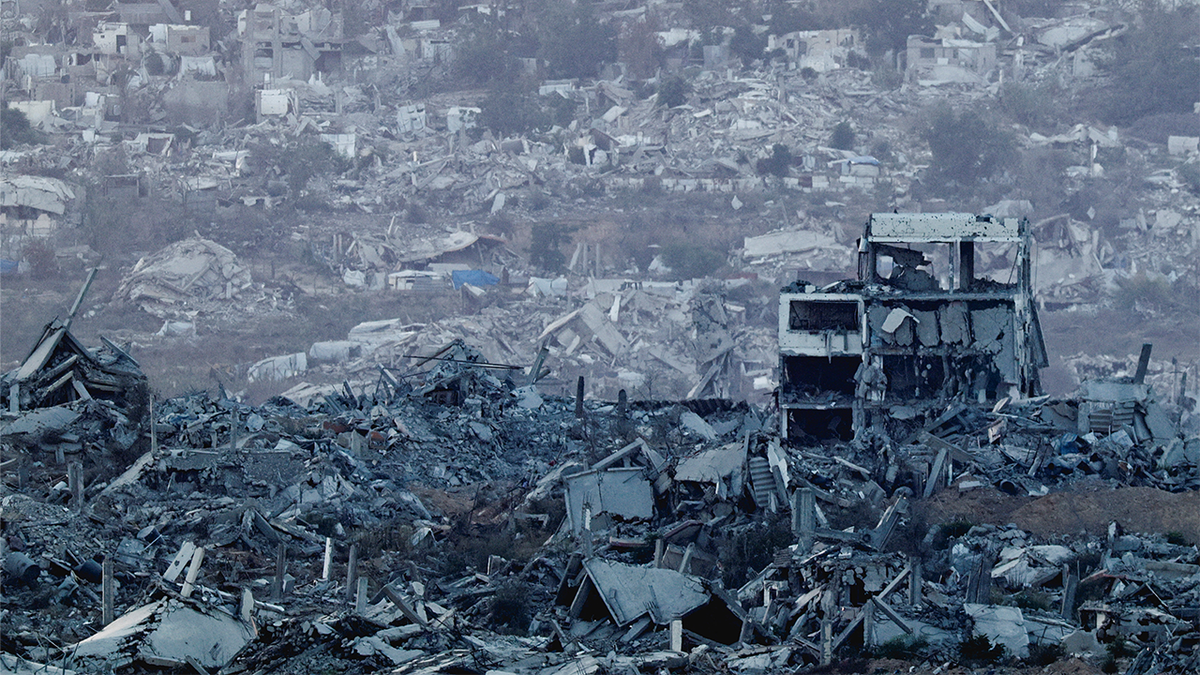
Destroyed buildings in Gaza, as seen from the Israeli side of the border, July 28, 2025. (Reuters)
Spencer described an “inkblot strategy” — stabilizing cleared districts while combat continues elsewhere. “You can create safe areas where a stabilization force, under the right mandate and equipped correctly, is stabilizing areas while you are also conducting operations against Hamas,” he said.
He predicts that the Israel Defense Forces will continue high-intensity operations while the international force focuses on humanitarian aid, demining and restoring order in secured zones. “Part of the lesson is giving people a vision of life after Hamas,” Spencer said.
During a recent visit to Gaza, Spencer said he saw “a glimmer of hope” in newly established humanitarian zones inside cleared areas. “If you start quickly, even on a small scale, success builds success,” he said.
About 200 U.S. personnel are already on the ground in a civil-military coordination center managing logistics and planning for the proposed transition in Israel. Spencer said this small presence will be vital to coordinating aid, reconstruction and stabilization without engaging in combat.
He warned that the mission will face disinformation and attacks from groups opposed to peace. “There are people who do not want this to succeed,” he said. “Thinking through how they’ll try to undermine it — especially online — is vital.”
He added that stabilization must move alongside local capacity-building. “You have to start training a vetted Palestinian police force and governance team,” he said. “That’s how you build legitimacy.”
